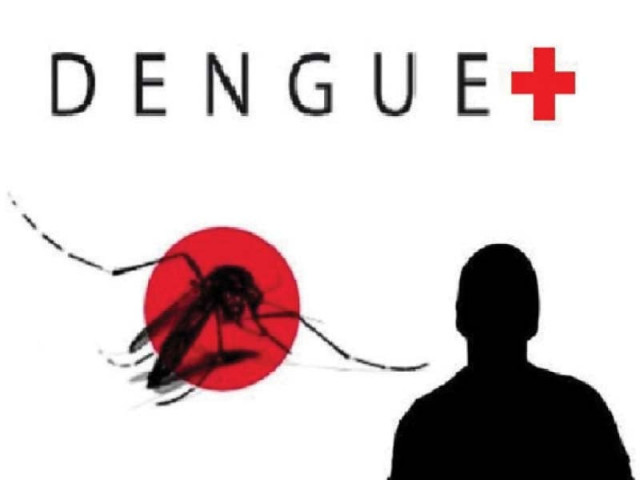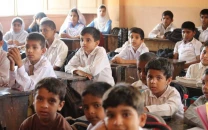Soaring numbers: In Rawalpindi, 48 more dengue cases reported
More than 300 volunteers carry out anti-dengue campaign

More than 300 volunteers carry out anti-dengue campaign.
A health official told The Express Tribune that despite the government’s efforts, the situation was worsening. The Punjab government, he added, has sent some of its best vector control experts in the city to chalk out plans to control the spread.
“It seems their plans have failed. Temperatures are expected to fall in the coming days, and it is the only way to check the virus,” he said.
Meanwhile, the Rawalpindi health department has hired 300 volunteers to strengthen the ongoing anti-dengue campaign in the city and make it more effective.
According to Health Executive District Officer Dr Arshad Ali Sabir these volunteers have been divided into two teams — one to carry out the indoor campaign and the other for outdoor activities.
“These teams have been given authority to take strict action against people who have been found providing favorable breeding grounds for mosquitoes,” he said.
He said that early warning will be given to the people to destroy potential breeding grounds in their areas.
Meanwhile a meeting at the Rawalpindi commissioner’s office decided that some of the dengue patients would be shifted to private hospitals due to space constraints.
“Indoor residual spraying (IRS), will be done at the homes of dengue fever patients,” said Rawalpindi Commissioner Zahid Saeed.
Situation in Islamabad
Meanwhile, as many as 168 people admitted in various public hospitals of the capital have tested positive for dengue.
Dr Najeeb Durrani of the ICT Health Department said 72 of them are from Rawalpindi, 50 from rural Islamabad, 26 from urban Islamabad, and the rest from other nearby cities including Haripur, Manshera, and Abbotabad. He said the Islamabad administration is running an intensive anti-dengue campaign in areas from where new cases emerge.
Published in The Express Tribune, October 9th, 2015.



















COMMENTS
Comments are moderated and generally will be posted if they are on-topic and not abusive.
For more information, please see our Comments FAQ